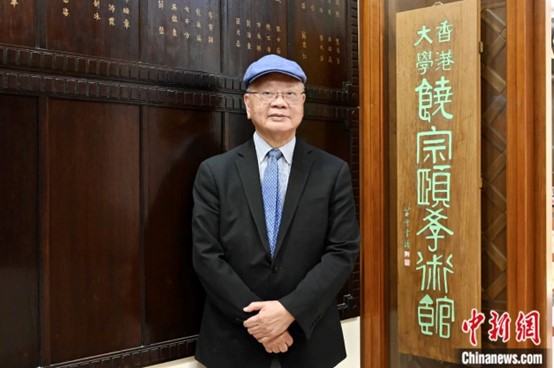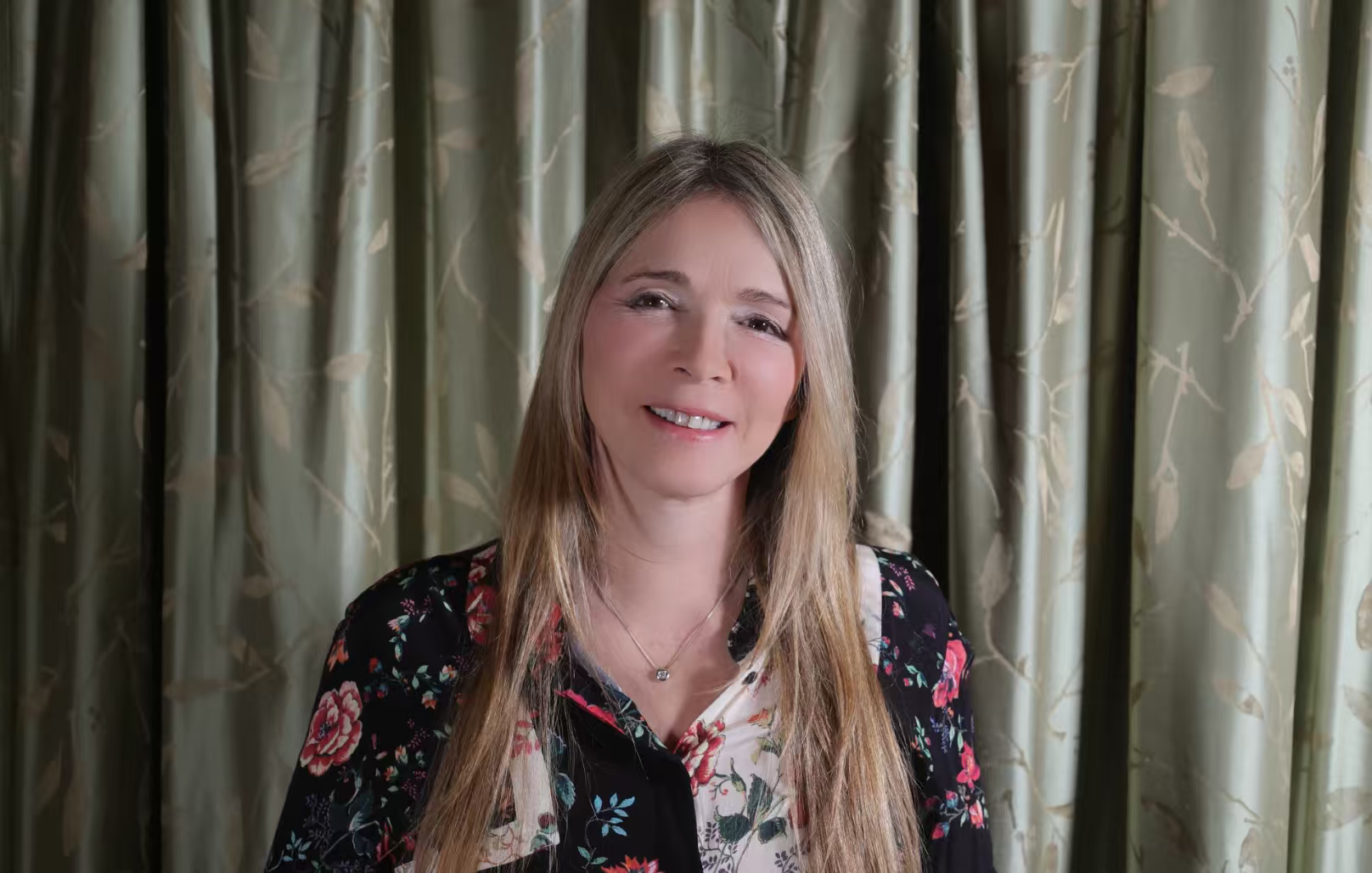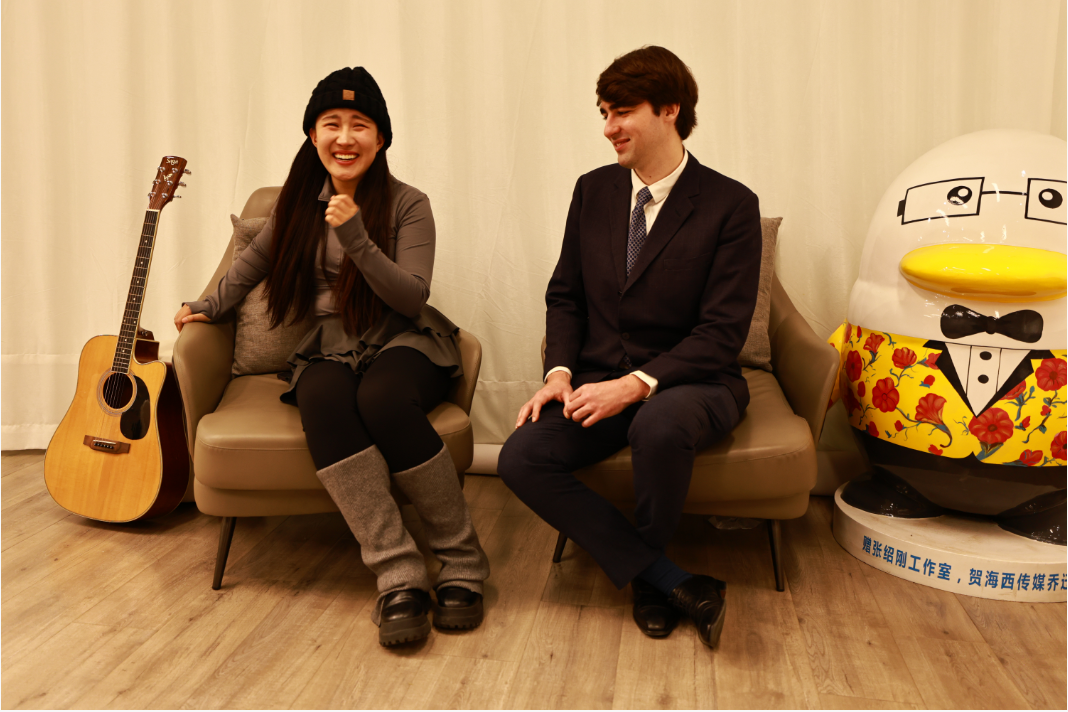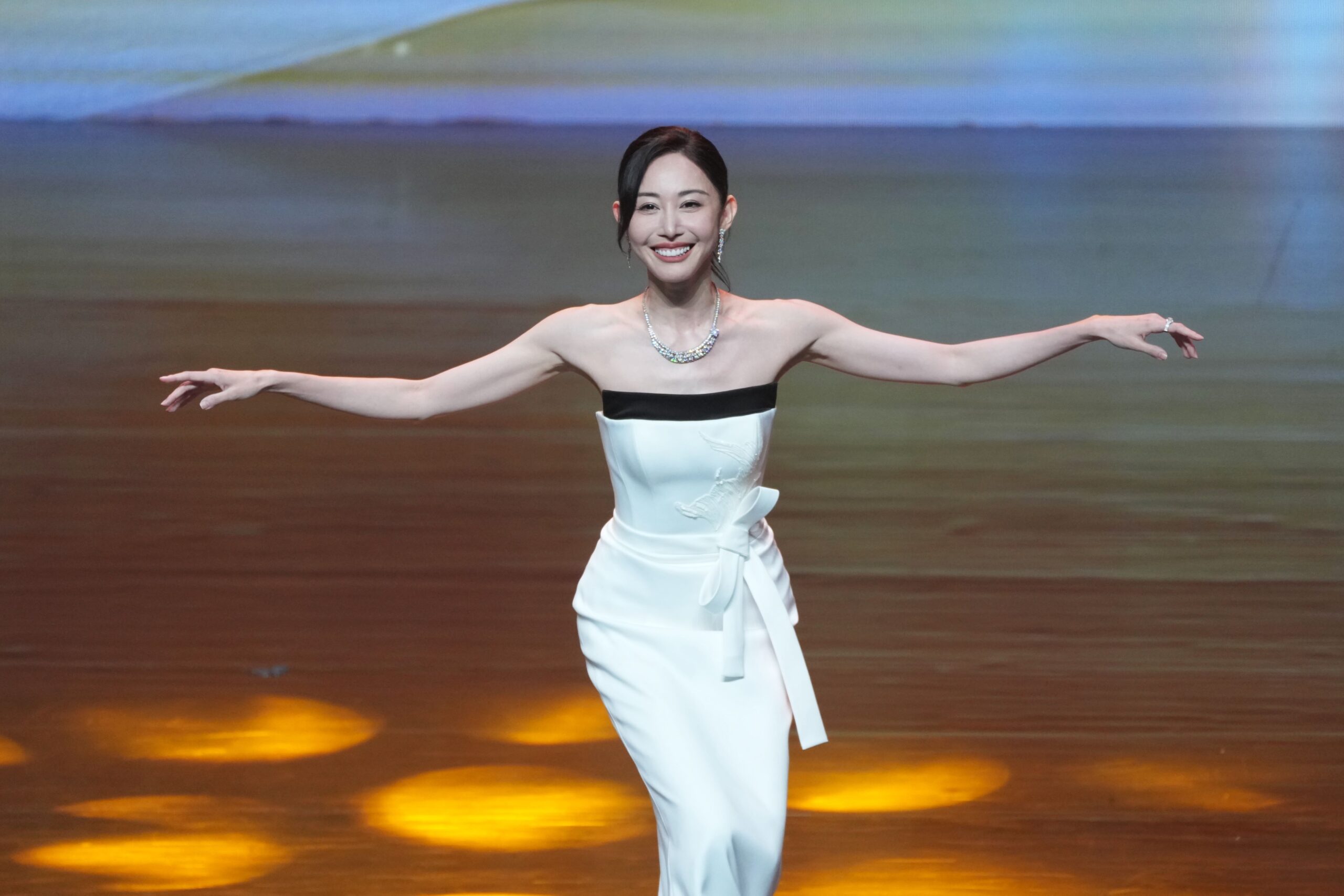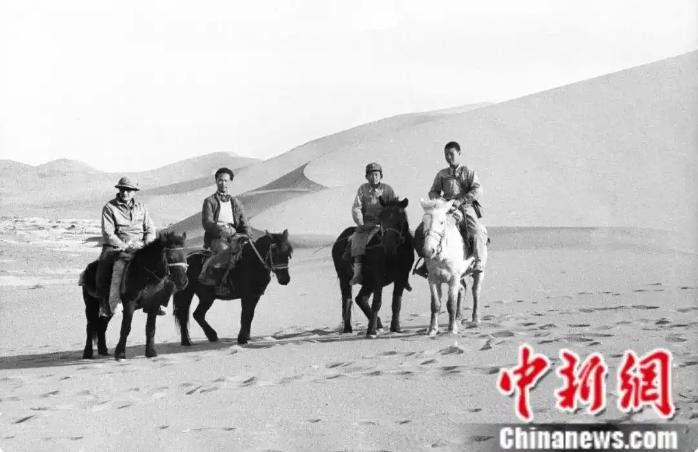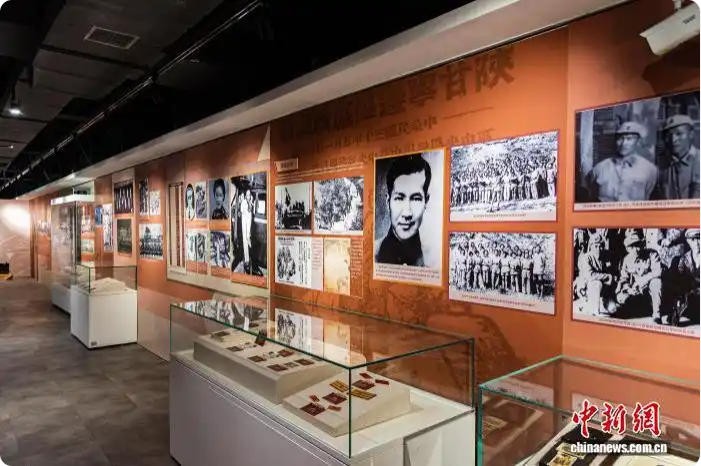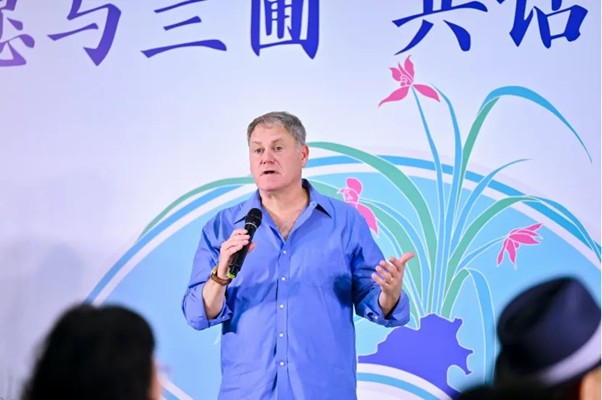Lee Chack Fan speaks about his experience growing up in Hong Kong, studying in Canada, and working in both the fields of science and the humanities.
Chinese Academy of Engineering academician Lee Chack Fan, who is nearly 80 years old, often recalls how he would spend every afternoon after school at the Chinese bookstore browsing through books in Hong Kong’s Landmark during his middle school days, In the 1950s and 1960s, Hong Kong’s secondary schools were primarily taught in English. Lee Chack Fan, who was passionate about history and culture, had to gather learning materials on his own. However, this laid a solid foundation for his career path of serving the country through water resources.
As an internationally renowned expert in geotechnical engineering and water resources, Lee Chack Fan has participated in major national water resource projects such as the Three Gorges Project. In addition, he is also a prolific writer on literature and history, dedicating many years to promoting and preserving traditional Chinese culture in Hong Kong.
Lee Chack Fan is the academician of Chinese Academy of Engineering, Emeritus Professor at the University of Hong Kong, and Curator of the Jao Tsung-I Academy of Sinology. He is the recipient of the 2024 Grand Bauhinia Medal of the Hong Kong Special Administrative Region. A renowned expert in geotechnical engineering and water resources, Lee Chack Fan has participated in water resource, energy, and infrastructure projects in Canada and China for over forty years.
You are a world-renowned engineering geologist and have made significant contributions in the field of literature and history. Why have you excelled in both scientific and humanistic domains?
I grew up in Hong Kong during the 1950s and 1960s, when 80% to 90% of secondary schools in Hong Kong were learning and teaching in English, and there was little emphasis on Chinese culture. I prefer reading books. Every day after school, I ran to the Chinese Bookstore and the Commercial Press near the Landmark to browse through some books, where I came across many stories of Chinese cultural history.
Through reading, I learned that our country is a major agricultural state, where water resource is the lifeline of agriculture. So, I want to contribute to the country’s water resource efforts. Later, I was admitted to the University of Hong Kong to study civil engineering, and then I went to Canada for graduate studies. After graduating, I worked in water resources and energy for over 20 years in Canada.
I served as the principal of a Chinese school in Toronto while in Canada, which had over 1,000 students, including some children of overseas Chinese. I also participated in the establishment of the Chinese Cultural Centre of Greater Toronto, which is still in operation today. In short, although I am in Canada, I still hope to do something to promote Chinese culture
Years later, I feel that patriotism is actually based on the recognition of one’s own country’s cultural history. Recognising one’s own country’s history and culture cultivates one’s sense of patriotism. The water resource engineering I studied involves natural sciences and applied sciences, while the culture and history I enjoy belong to the humanities. Studying engineering and valuing one’s own country’s historical culture are not contradictory. Seeking truth, goodness and aestheticism are all parts of life, which can complement each other.
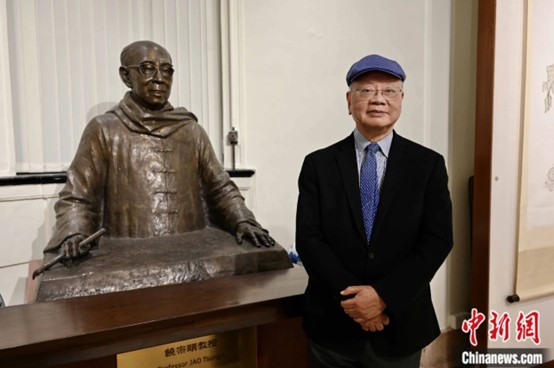
You completed your doctoral studies in Canada and obtained a stable job there. Why did you later return to participate in the country’s major water resource projects?
Because I hope to contribute to China’s water resource efforts. After finishing my studies in Canada, I taught at a local university, but most of the time (about 20 years) I worked in the local government’s water resource and hydropower department, serving as chief engineer and head of the engineering department. In the early 1980s, Ms. Qian Zhengying, then head of the Ministry of Water Resources and Electric Power of China, led a delegation to visit Canada, and I was assigned to accompany the delegation for the tour. When the delegation was about to leave, Minister Qian said to me, ‘The country is now going to carry out large-scale construction, can you come back every year to participate in various engineering research work?’ Since then, I returned to China every year to participate in water resource engineering construction.
Starting in the mid-1980s, I participated in the feasibility study of the Three Gorges Project. In the early 1990s, I returned to Hong Kong from Canada and began teaching at the University of Hong Kong. At that time, my luggage was kept in my office at the University of Hong Kong. Every week after teaching, I would return to the mainland on weekends to discuss the issues encountered in the construction of the Three Gorges Project. I have participated in projects such as the site selection for the Three Gorges Dam, the excavation of the 5-step ship lock, the stability assessment and reinforcement of the reservoir’s slopes, as well as how to address the sediment problem in the Three Gorges Reservoir.
Later, the construction of the Yalong River Ertan project in Sichuan began; this project was financed by a loan from the World Bank, and I also participated in the negotiations for the loan. Subsequently, I participated in an increasing number of projects, including those in the Songhua River basin, the Liujiaxia hydropower project on the upper Yellow River in Qinghai, as well as several projects on the Lancang River and Nu River in Yunnan.
China’s water resources and hydropower sector has made tremendous progress from the beginning of the reform and opening up to the present, proving that the Chinese people are no worse than others. Given the opportunity, we can master technology and improve our technical level.
My original intention is to make a tiny contribution to the country’s water resources cause. I am fortunate to have the opportunity to develop its water resources and hydropower on a large scale. I am very grateful to have this chance.
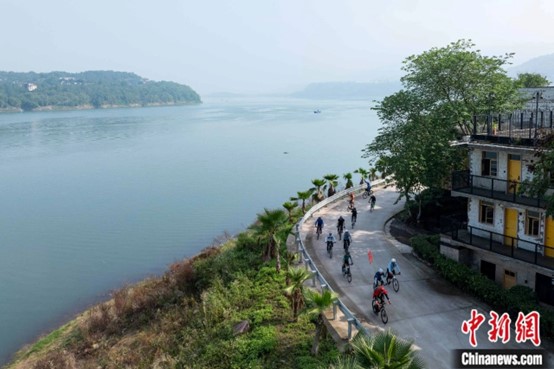
You are one of the initiators of the Greater Bay Area Association of Academicians. What advantages and disadvantages do you think Hong Kong has in developing into an international innovation and technology hub? What are the future trends?
One of the advantages is that Hong Kong’s universities have a large number of research professionals. Many of these professionals have worked overseas for a long time, possessing international experience, networks, and outlooks. For Hong Kong to become an international innovation hub in the Guangdong-Hong Kong-Macao Greater Bay Area, it needs to maintain close contact and cooperation with overseas research peers, which is Hong Kong’s advantage. The country is further reforming and opening up, strengthening international scientific and technological cooperation. In this regard, Hong Kong’s scientific research talents can contribute their strengths.
A shortcoming in Hong Kong’s development of innovation and technology industries is the lack of conditions for the commercialization of scientific and research findings. Hong Kong is a relatively small place and does not have the conditions to develop advanced manufacturing. If research results are to be utilized for the public and industrialized, cooperation with the mainland is necessary.
For example, teachers from the Department of Electrical Engineering at Hong Kong universities are researching electric vehicles, and their results are outstanding. However, Hong Kong does not have an automotive industry, while the mainland’s electric vehicle industry is developing well, so it is necessary to collaborate with mainland counterparts to apply research results.
In order to commercialize the research findings, we need to collaborate with experts from the mainland, which also contributes to the country’s scientific research. Why do we want to establish the Greater Bay Area Association of Academicians? We hope to gather the technological strength of the entire Greater Bay Area, so that Hong Kong’s research results can be industrialized in the Greater Bay Area, thus improving the industrial chain of the Greater Bay Area.
You have been promoting and inheriting Chinese culture in Hong Kong for a long time. In terms of promoting Chinese culture in Hong Kong’s campuses and communities, what additional measures do you think can be taken?
Hong Kong is a part of our motherland, and we should pay great attention to the study of our own history and culture, which is an important foundation for cultivating a sense of national identity. We must strive to promote the learning of Chinese culture and history, so that young people can recognize their own history and culture. In conclusion, there is still much work to be done in this area.
For example, the Academy of Chinese Studies under Our Hong Kong Foundation has created a website called ‘Splendid Chinese Culture’. which compiles Chinese history and culture into short articles with rich texts and images for Hong Kong middle school students. The site receives millions of clicks each month, and the younger generations are willing to read these articles, resulting in excellent promotional effects. This is truly worthwhile.
We also used various channels to help Hong Kong citizens understand the cultural and artistic heritage of our motherland. For example, Dunhuang is a brilliant treasure trove of art, showcasing the exchange of Chinese and foreign civilizations. In the past decade, we have held three large-scale Dunhuang exhibitions at the Hong Kong Museum of Culture, each attracting over a million visitors. Now, many friends in Hong Kong are participating in the promotion and dissemination of Chinese culture, and I believe that the results in this area will become increasingly evident in the future.
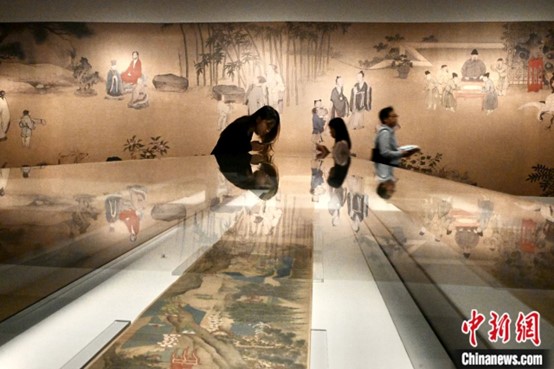
How do you think Hong Kong can become a centre for Chinese and foreign cultural and artistic education, leveraging its cultural charm as the ‘Pearl of the Orient’?
Dunhuang is located at the crossroads of ancient civilizations, serving as a significant hub for the exchange and mutual learning between ancient Chinese and foreign cultures, as well as an important gateway into the Han territory along the Silk Road. Consequently, some foreign historians consider Dunhuang as the ‘Gateway to Ancient China.’ Correspondingly, Hong Kong is an important gateway to modern China, referred to as the ‘Gateway to Modern China.’
Taking art as an example, Hong Kong holds the Hong Kong Arts Festival every year, introducing artistic works from different countries and regions to perform in Hong Kong. Every year, it also hosts the Chinese Opera Festival, inviting opera troupes from various regions of mainland China to perform in Hong Kong, allowing everyone to appreciate the beauty of Chinese opera.
The Hong Kong Palace Museum is also showcasing exhibits sent from the Palace Museum in Beijing, such as Ming Dynasty porcelain and figure paintings, as well as some exhibits from overseas, facilitating mutual exchange. Last year, artifacts from the Sanxingdui site in Sichuan were exhibited in Hong Kong, sparking a wave of interest in the exhibition; From November 2023 to April 2024, the Hong Kong Palace Museum held the exhibition ‘Botticelli to Van Gogh: Masterpieces from the National Gallery’, which also attracted a large number of mainland and overseas visitors.
This year, the Hong Kong Special Administrative Region government also held the first ‘Chinese Culture Festival’ to promote broader and deeper exchanges between different cultures. These initiatives reflect that Hong Kong is an important hub for the exchange of Chinese and foreign civilizations.
I remember that Mr. Jao Tsung-i once mentioned that one of the strengths of Chinese civilization is its ability to embrace foreign cultures, enrich its own connotations, and then elevate itself. It is very important to facilitate mutual learning and exchange between Chinese and foreign civilizations, which is also a significant historical mission for Hong Kong. Hong Kong is fully capable of achieving this, and many efforts are currently being made towards this goal. I hope we can do even better in the future.
If you liked this article why not read: Dominique Turpin, How does the European business community feel about tariffs on electric cars in China?

